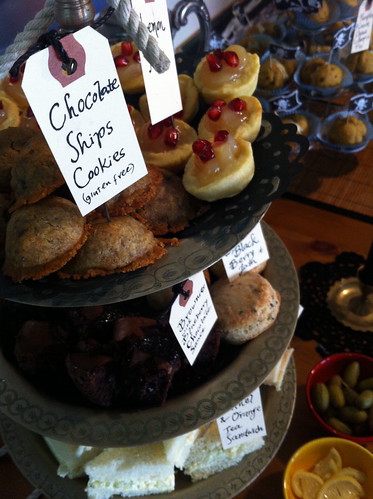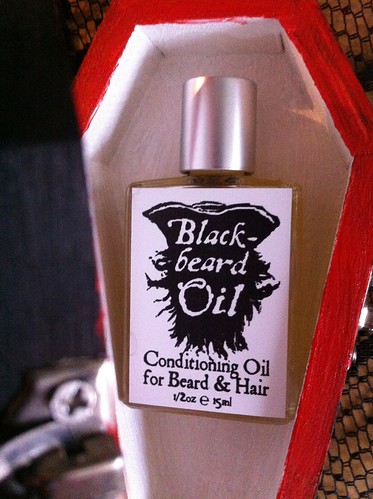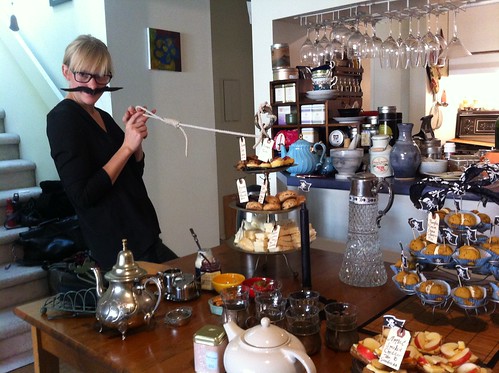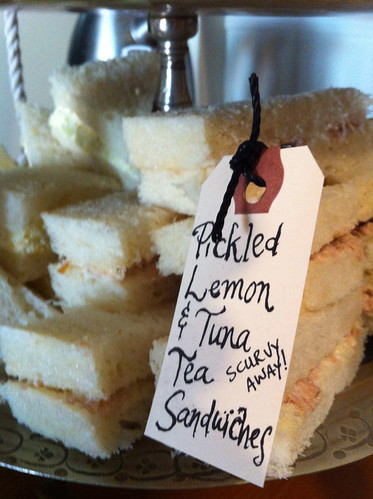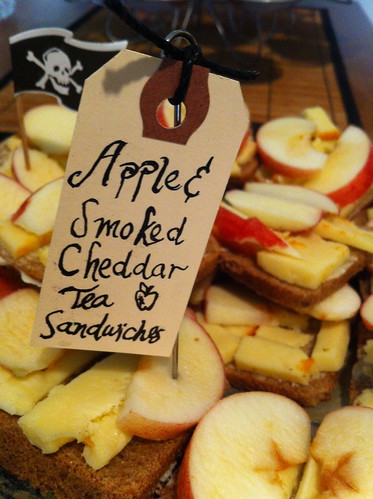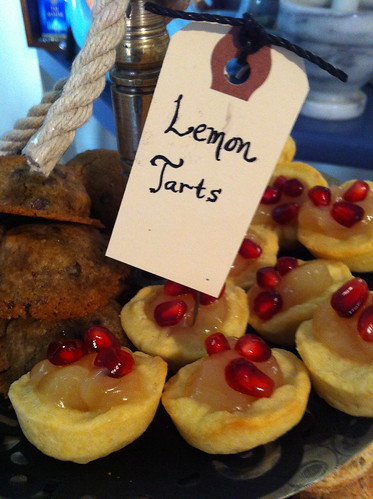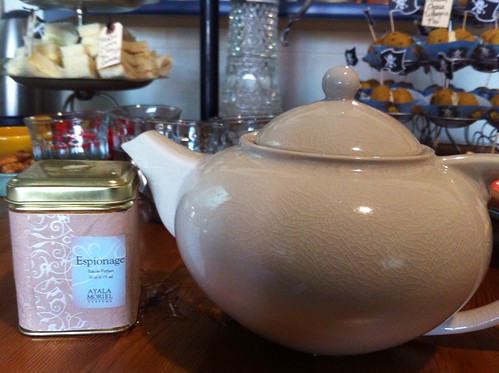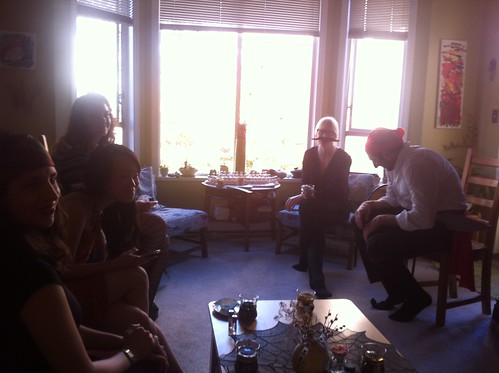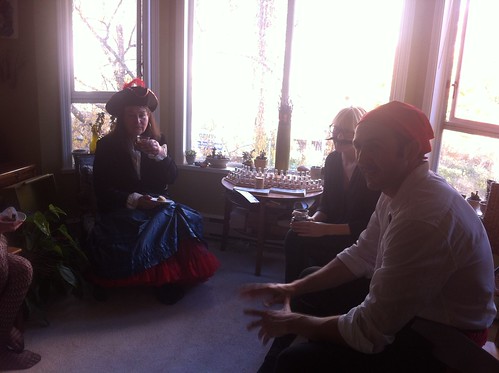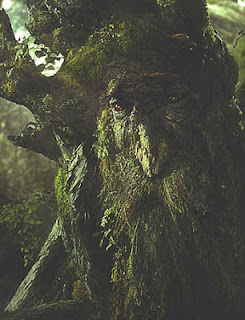My immediate attraction when starting to work on the beard oil was to use red cedarwood. It's an oil that just recently showed up in suppliers' catalogues. It's a little sad, as it is a by-product of the logging industry. On one hand - a great thing that even the sawdust is being used; but on the other hand, old trees like these should not be logged.
This tree tag was photographed in Capilano Suspension Bridge Park. It is 120' tall, with a 9' circumference, and is approximately 400 years old! Not an unusual sight in this part of the world, but one hardly ever stops to think about it once you get used to the general height and magnitude of our rooted friends. The bottom of the tree tag reads:
"Western Red Cedars drink five bathtubs of water per day to survive. Their natural oils repel insects and act as a natural preservative for the wood, even after the tree dies".
Western Red Cedarwood is not truly a cedar.
Thuja plicata also has synonyms of Pacific redcedar, giant arborvitae or western arborvitae (meaning: tree of life), or shinglewood (it is used to make shingles). It is actually a thuja, which is from the cypress family. True cedar would come from the genus
Cedrus, such as the Lebanese cedars, and those of the Himalayan and Atlas mountains.
The scent is much stronger, potent and even harsher than that of the Virginian cedarwoods. In any case, they do all resemble pencil shavings. But the redcedar also has hints of cherry (if you have a wild imagination). It is not an easy raw material to work with because once you put a little bit, it is more noticeable than desired. Virginia cedarwood is so much more tame and well-behaved in comparison!
The challenge will be to bring out these characters but round them off with other notes. I'm drawn to other local trees such as black hemlock spruce absolute (which I also haven't found use for in any other of my perfumes, yet). And many of the other oils of choice will have to also have beneficial properties for the skin - juniper, cypress, rosemary...
It's also difficult to get away from the "moth repelent" association of cedar, as it is used in such way in sustainable housecare products. You can use cedar blocks or even cedar balls in place of the toxic and stinky moth balls!
The indigenous people of North America, from Oregon and all the way up north to Alaska, have used redcedars in many ways for building, transportation and clothing. Redcedar is very soft and easily carved into canoes. Ceremonial objects such as masks are also made of recedar, and so are most of the totem poles. Thanks to their decay-repelling oils, last many decades, preserving these people's culture, and even some archeological finds showed aboriginal tools and other ceremonial objects from thousands of years ago. Bark of redcedar is also used for making rings and even clothing, and the roots are woven into baskets.
The medicinal properties of redcedar are unknown to me at this point. The other so-called "cedars" in North America are in fact junipers: Virginia cedarwood (
Juniperus virginiana) and Texas cedarwood (
Juniperus ashei). It might not be completely safe to guess that because of their similar smells they would have similar aromatherapeutic properties. If that is the case, I would stay away from this oil if you're pregnant (these are known abortifacients). Strong antiseptic qualities are highly probable, and also stimulate the circulation and help prevent dandruff, greasy hair, acne and oily skin. So all in all looks like an oil with the perfect specifications for beard-care.
The insect, fungi and bacteria repellent properties are self-evident with how well the wood is preserved even in the most moist environment as the rainforest of the West Coast. For its antiseptic qualities, I think it would be most appropriate for a beard oil, and also for creating a feeling of cleanliness even without shaving and applying aftershave etc. But clean in a foresty way, of course.


